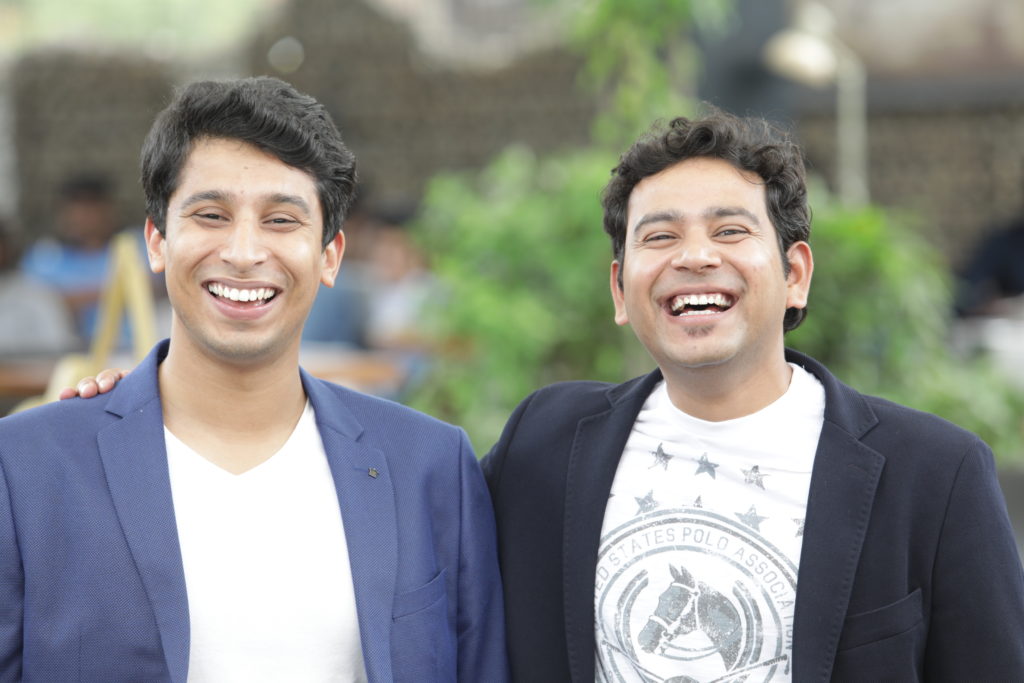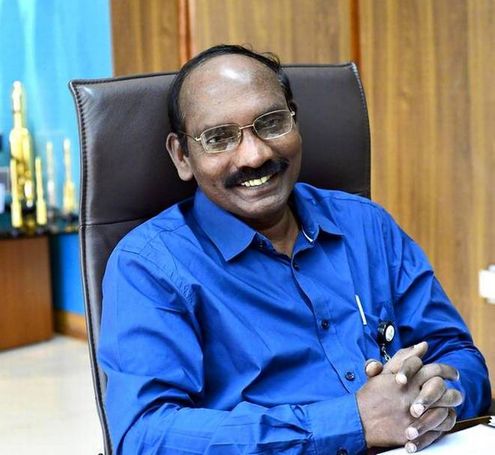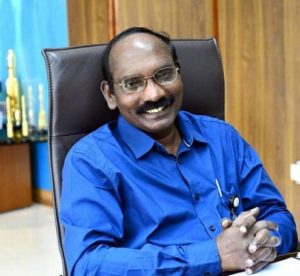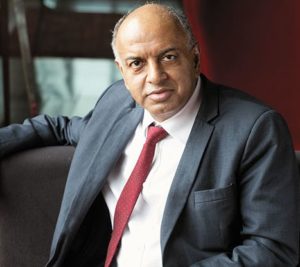Daimler CEO Ola Kallenius Expects Daimler to Export Mercedes-Benz Cars from India
India has a large and growing automobile manufacturing industry, which has in recent years showed much promise. The COVID-19 pandemic has led to a decline in sales for large manufacturers. However, the industry is looking for ways to grow past this slight hiccup. It might have received such an invite through the Daimler CEO’s recent statement. As per CEO Ola Kallenius’s interview with the Times of India, the auto giant is looking to source specific components exclusively from India. Here’s a look at the major highlights of the interview, and how Daimler has positioned itself as an automotive ally in the last few years.
Validation for India
India’s the automobile and manufacturing industries have grown exponentially in recent years. This move by Daimler serves as a significant validation for its growth and reliability. As per the interview, the Daimler CEO has stated that the company would use India as an exclusive base for global sourcing of specific important components and software. Furthermore, he also said that Daimler was considering plans to export cars from India on a large-scale. However, the final plans regarding these projects will depend on their economic feasibility and financial viability.
More Praise for India
Ola Kallenius also had a lot of praise and good faith for India, expressing how he was an “Indian fan”. He also described how the movement of the manufacturing of individual parts to India permanently had been a good move. As a result, the company would remain focused on making more such engineering efforts to better their production, and ally with India strategically. However, the CEO was unclear to what extent such a partnership or alliance would grow as that depends on several factors. The CEO was in Germany, unveiling a new S-Class limo while making these statements.
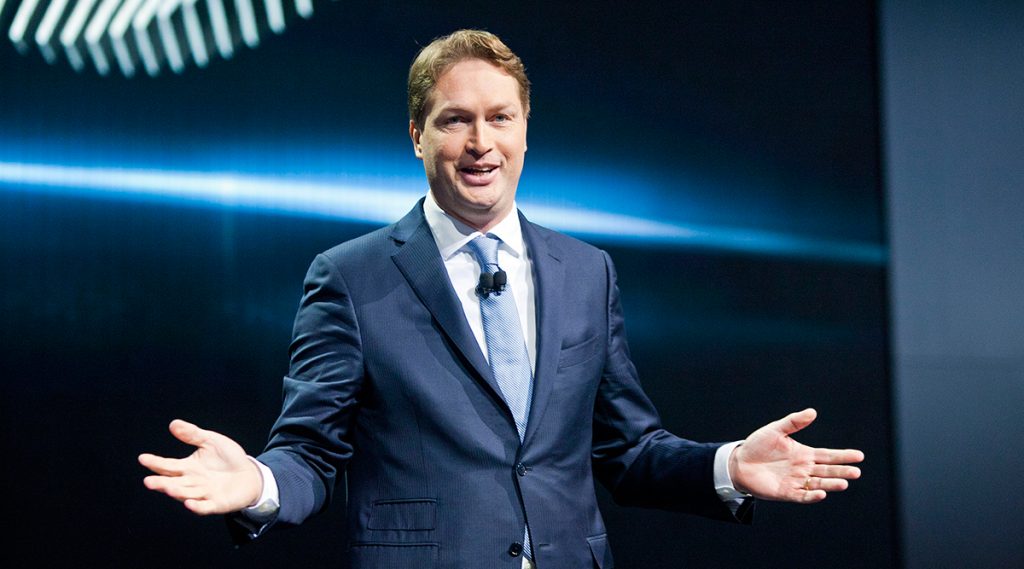
Furthermore, he was also clear about how the growth of software development in India also poses favorable conditions for the expansion of such alliances. He also made it clear that expansion in India could be for more than bare vehicle engineering, but also the IT side of things. He was also quick to point out that India has been a “solid pillar of their house” for several years.
Presence in India
Daimler has two active and functioning factories in India. Their factory in Pune houses and creates Mercedes-Benz cars, while the one in Chennai churns out their Bharat Benz range of trucks. Furthermore, the company also has a large Research and Development centre based in Bangalore, which focuses on global R&D. Kallenius also stated that the export of Mercedes-Benz cars from India would serve as a purely economic decision. As a result, the project depends heavily on the economic feasibility and viability of the decision. However, Kallenius also stated that such a case had never come up till now and that he isn’t sure when such an opportunity would arise. He also reiterated that if and when they do have to make such a decision, it would rely heavily on the financial aspect of things.
Previous Plans for the Future
The German auto legend set up the factory in Chennai, which produces trucks and buses to help with serving its Latin American market from 2022. Earlier reports had stated that shipments would start going out to Brazil, Chile, and Mexico between 2021 and 2022. The reports for the same had come in September of last year, following the Indian government’s move towards BSVI technology. Around that time, the company also stated that globally it had sold over 1.4 million vehicles which are Euro-VI, or BS-VI equivalent compliant. The company has also invested about INR 500 crores in India to localize, test, and improve its Euro-VI technology.
Two years ago, Daimler exported the GLC SUV, which is an Indian-made vehicle to the US. The company went on to mention that their Indian plant was a back-up set up to help deal with a rise in global demand for their vehicles. Furthermore, on being asked about the low sales of luxury vehicles in India, the Daimler CEO said that numbers did not do any justice to the true size of India, it’s economy and the population. He concluded by stating they had a fair market position but just had to work some things out. The analogy he employed included shaking a good ketchup bottle but having difficulty with bringing out the ketchup. It will be interesting to see whether the deal goes through after financial analysis, as it could breathe some much-needed life into India’s automobile manufacturing industry.

Being a cinephile with a love for all things outdoorsy, Athulya never misses a chance to chase inspiring stories or poke fun at things, even when the subject is herself. Currently pursuing a degree in mechanical engineering, she is someone innately interested in technical and scientific research. Music reviews and op-eds define her as they allow her to explore different perspectives. Though sometimes she thinks she makes more sense playing the guitar than she does while writing.




